Lebanese pound’s dramatic nosedive led to chaos
Lebanon is on the verge of complete chaos following the pound’s dramatic fall against the US dollar with disgruntled citizens taking to the streets, blocking highways, burning and attacking public utilities to protest the deteriorating economic conditions.
This coincided with the breakdown of public services that has left the country in total darkness and with closed gas stations as a result of severe fuel, gasoline and diesel shortages that have threatened to bring to a complete halt all private generators on which the majority of the Lebanese public and businesses, including hospitals, depend for electricity.
Lebanon's economic and financial crisis could rank as one of the three most severe the world has seen since the mid 19th century. The public are accusing Lebanon's authorities of deliberately failing to mount an adequate policy response to the country's worsening economic and financial crisis.
Lebanon's descent into what could end up being one of the top three worst crises in 150 years has been stunningly swift. The country's Gross Domestic Product, GDP, which measures the total output of goods and services, nosedived from close to $55 billion in 2018 to an estimated $33 billion last year, as per the latest Lebanon Economic Monitor released by the World Bank last week.
Half the population below poverty line
The inaction by Lebanese authorities is not due to lack of knowledge or quality advice, but rather the failure to agree on effective policy initiatives, and the political consensus that defends a bankrupt economic system, which by the way, has benefited a few for a very long time.
The crisis has caused a grave social fallout that has pushed more than half of the population below the poverty line.
The decimated purchasing power of the Lebanese Pound has led to more than 40% of households reporting challenges in accessing food and other basic needs.
Meanwhile, the nation's unemployment rates spiked from 20% in February 2020 to nearly 40% by the end of the same year.
Such dire socio-economic conditions risk systematic national failings with regional and potentially global consequences, propelled by popular desperation and anger, impulsive protests now mark the advent of a longer period of unrest, chaos, and even a social explosion across the country as conditions continue to deteriorate.
Lebanon suffering poor governance, no public accountability
Lebanon is suffering from poor governance and a gaping lack of public accountability.
Today, the country's three overlapping crises, a financial meltdown, the catastrophic Beirut Port explosion and the COVID 19 pandemic have not been met with an effective government response.
On the contrary, years of government corruption and incompetence laid the ground for Lebanon's accelerating collapse.
Many observers have become desensitized to Lebanon's dysfunction and perpetual sense of crisis, but Lebanon's current predicament marks a real departure from the past when, even in the worst days of the Civil War, while lacking a government the Lebanese found informal ways to keep the country functioning.
Crisis hit Lebanon, over the weekend teetered on the verge of complete chaos driven by the Lebanese pounds dramatic nosedive against the dollar, that sent agitated Lebanese to the streets across the country, walking highways with burning tires in Beirut and elsewhere, attacking public utilities to protest the deteriorating economic conditions.
Breakdown of public services
This coincided with the breakdown of public services which has left the country in total darkness, with closed gas stations as a result of severe fuel and diesel shortages that have threatened to bring private generators, on which the majority of the public and businesses including hospitals depend for electricity, to a complete stop.
The collapsing Lebanese pound, which sank to a record low trading at almost 18,000 Lebanese liras to the US dollar on the black market, coincided with the breakdown of public services, especially electricity.
When there is no fuel to power the generators, no securing basic public services by any authority, it is like basically saying, We want chaos, go ahead and bring about the chaos to the country.
So who benefits from all of this chaos in Lebanon right now?
As everybody knows in Lebanon, and probably the Europeans, who really were the patronizing of the Lebanese political situation from the 90es with Rafic Hariri, the martyr of Lebanon.
And we know the situation in Lebanon is very miserable is going to abyss, and nobody would believe what's going on.
Actually, there are some thieves in Lebanon, especially in the political class, with the their manager of this partnership between the capitalists, the bank owners, and some of the mafias, of the sects in Lebanon, who are leading this country into this abyss.
I am not. I'm not surprised of this collapse of the Lebanese pound. I'm really anxious about the future of Lebanon after this very critical situation, the situation is not only economic situation, it is a political situation. The Americans and the Europeans, especially the French, are now talking about a new mandate for Lebanon, because of the political change in the region.
Now, we have many choices. First of all you have to reconstruct Lebanon to get rid of all these mafias and the bank owners, and this system, this capitalist or this neoliberal system would the Americans agree? Of course not, they are not eager to see solutions in Lebanon, they are not eager to see Lebanese are satisfied with the authorities; there are no actual authorities to authorize good things or to lead the state into a safe place.
Actually I'm I really hesitant to say that all these people who are the solution in their hand, are the thieves of the, of the money of the country.
Mohsen Saleh, Political Analyst
Lebanon was quickly sliding into a political abyss, at risk of instability and social unrest.
The top leaders even failed to agree on forming a cabinet, a new government, to at least rescue what's left in the country's economy; can you explain to us the dilemma that led to the stage of political deadlock in Lebanon?
The Lebanese people have unveiled all the ambiguities and the Lebanese situation and now they know that these people who are leading, or what is so called leaders in Lebanon, of not deserving this place or post or position, because they have stolen all the money of the Lebanese, and that's why I guess the Lebanese have the right to raise their voice, and go into demonstration or saying that we have no confidence, no trust whatsoever in this in this class.
And the problem is that all these people were protected by the Americans, and the French, and most of them they have connections with the American Embassy and with the Saudis.
Now the Saudis raise their hand and say well we don't want Hariri because they said they really, they really said we have paid a lot of money for some of them, while most of them, they counted to Hariri and others what not to say, not to say about other people because these, these people are really leading the situation in Lebanon, this into this catastrophe, and they, of course, they can't, they can't make or shape, or form any new government that would lead to a solution in Lebanon and relief, people, because they are the problem ...
Mohsen Saleh, Political Analyst
How has it been shaped in the media, how is it being shaped in the internal and also the foreign media? It has been shown that there is a dilemma, there is a problem, a bickering problem between the president on the one hand and the premier designate Saad Hariri on the other, who have been designated since October 20, 2020.
Now, they are trading accusations, each is just pointing to the other as being to blame, and one of them wants to form a cabinet of non partisan specialists to enact reforms and salvage the country from an all out economic collapse, while the other seemingly wants to secure what is called in the media, the Christian Rights.
What's the main reason for this, does Hariri actually have internal and external support, and what does President Aoun want?
let's say it frankly, once and for all, President Aoun came to the presidency in order to reform and make some alterations to the system, and he could not, because this mafia, in these authorities, in the end they have prevented and blocked any kind of reformation because they are taking the money of the country.
They have stolen the money of the country, how could they have allowed general Aoun, President Aoun in order to reform? that's the problem I guess, with the political reasoning that would say, general Aoun really stood by the resistance in Lebanon, and he did not do what the French and the Saudis want to do in, in Syria, all this they are punishing these people, the environment, the embrace of the environment of the resistance in Lebanon, and I guess this is a kind of conspiracy, what would they would they do in the future in order to solve the situation because their men are really the problem.
Would they agree the French and they are putting in now, some sanctions on their, on their man? Would that solve the situation, I really don't know?
Mohsen Saleh, Political Analyst
The Lebanese Pound has lost more than 90% of its value and the basic items have skyrocketed in prices do you think that we are looking at the biggest social and economic catastrophe, actually in West Asia, or is there still time to salvage something?
Well, we are in turmoil; I guess the Americans want to see this kind of turmoil in Lebanon and in Syria and in Iraq and other places also in Yemen. they are really putting sanctions in order to, to, to these countries to the states to collapsing down, they are, I guess, I guess, the peoples of the West Asian countries, they can rebuild and reconstruct these countries because they are the heritage of the Americans and the French, we have one choice only, to get rid of these peoples, the Americans and the French and the Saudis and without, without kicking out these people from the decision maker in Lebanon and in other places in Iraq or in Yemen the Hadi and his gangs, I guess without that we can't rebuild the these countries and regions, and we are really peoples are trying, resisting all this kind of hegemony from the 20th century till now peoples are going in the right track.
Mohsen Saleh, Political Analyst

MEPs reject €800bn military drive
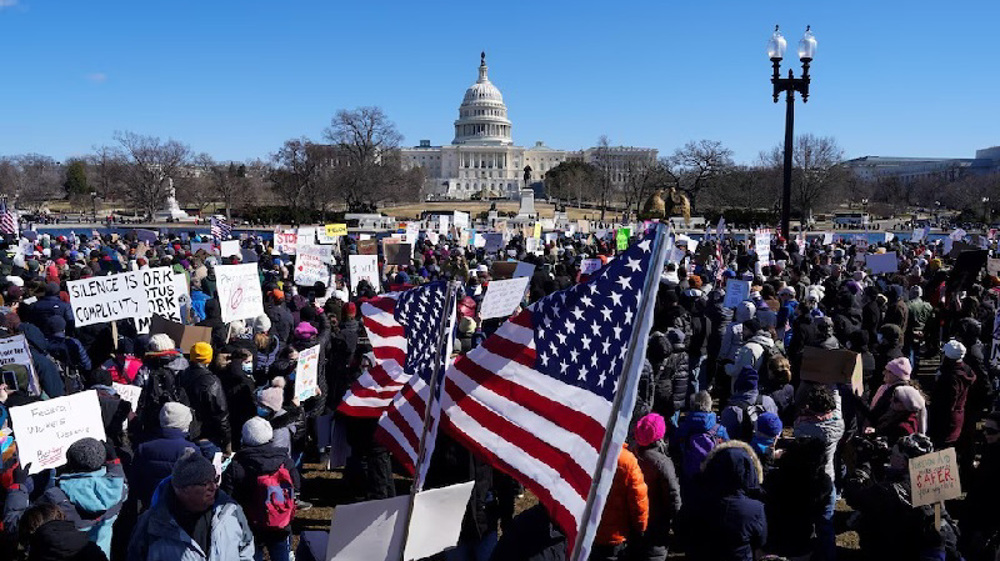
Americans protest Trump and Musk
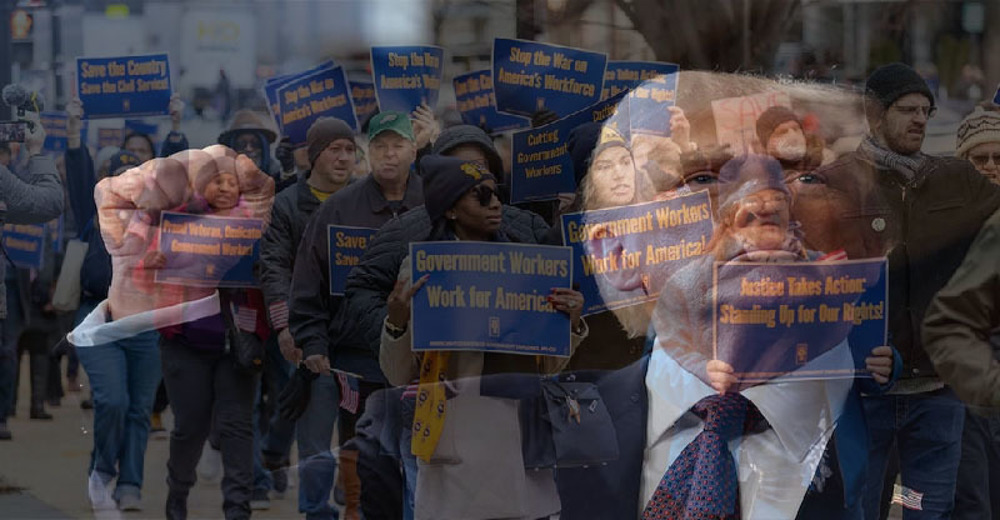
US congress urged to act against mass layoffs
US says South African ambassador ‘no longer welcome’ over his criticism of Trump
Homeland Security agents arrest another pro-Palestinian protester from Columbia University
UN envoy slams Israel’s 'futile attempt' to justify atrocities by 'fabricating Islam-terrorism link'
Hamas says ready to free Israeli-US captive, bodies of four others
Iran: Tajikistan-Kyrgyzstan border agreement ‘major step’ towards peace promotion
WFP to cut life-saving aid for one million people in Myanmar
80,000 Palestinians perform Friday prayers at Al-Aqsa Mosque despite Israeli restrictions
China says it opposes force, sanctions against Iran, calls on US to show 'political sincerity'


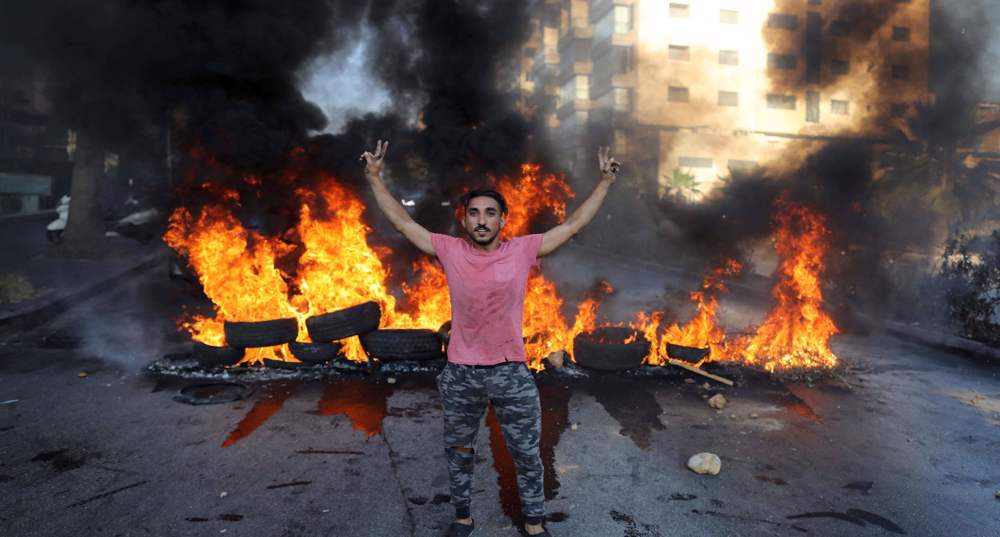
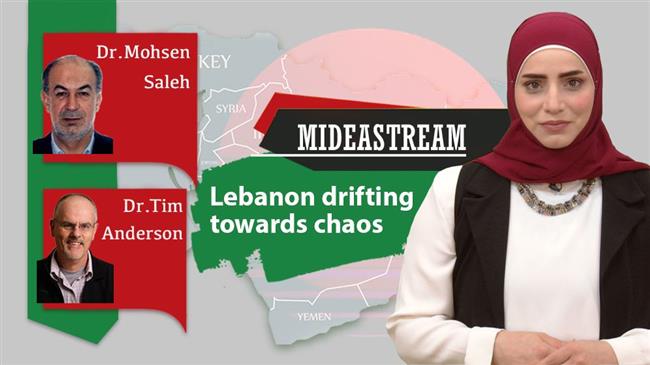
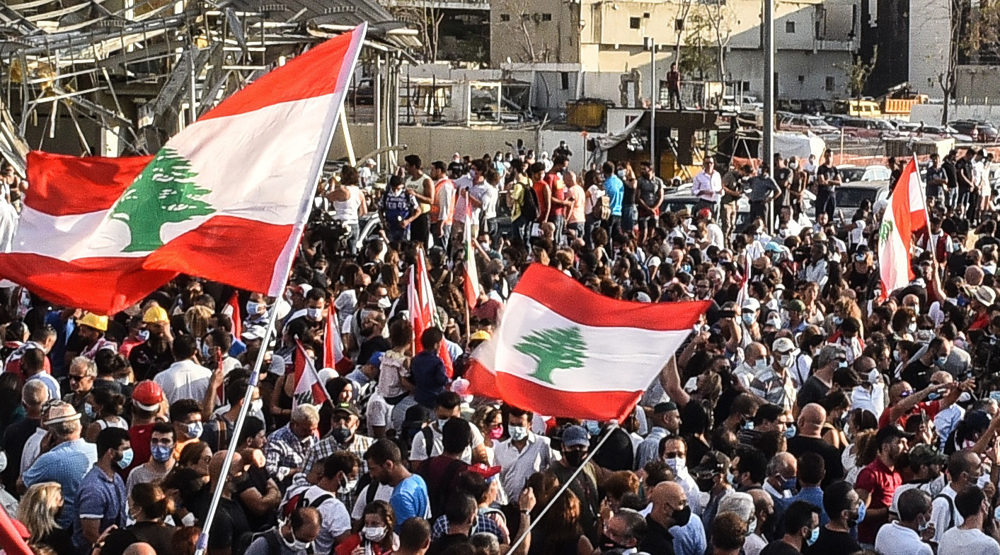
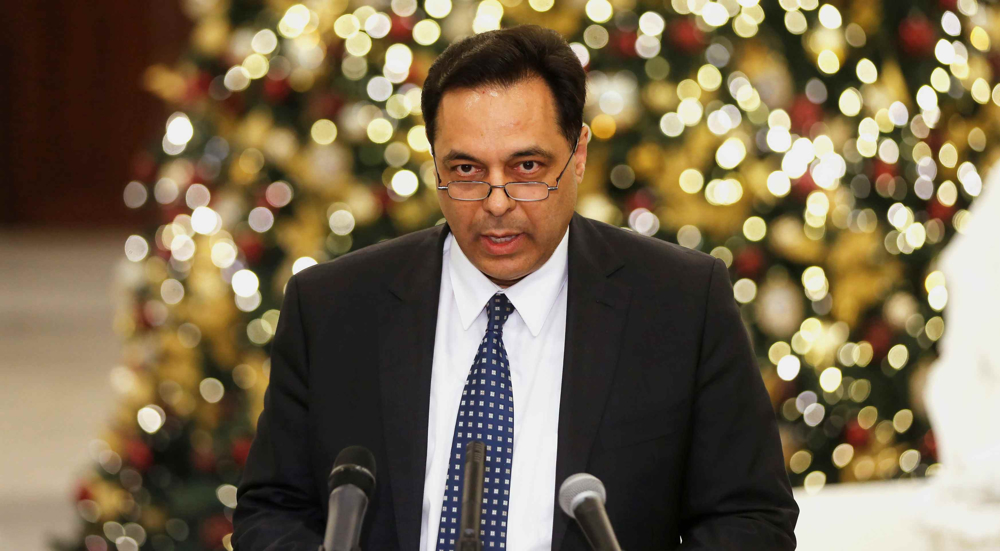
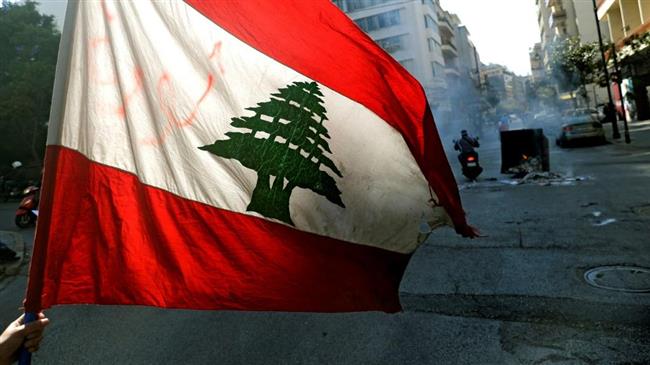
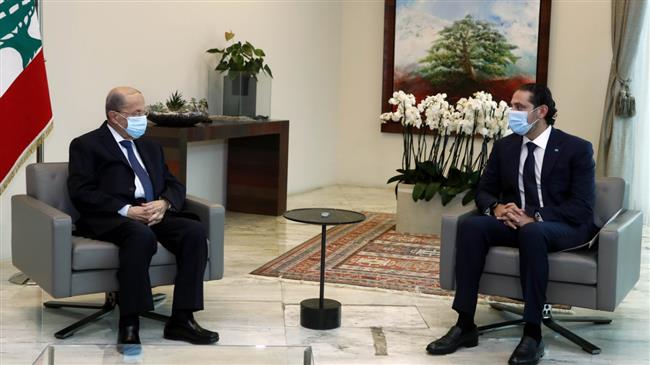
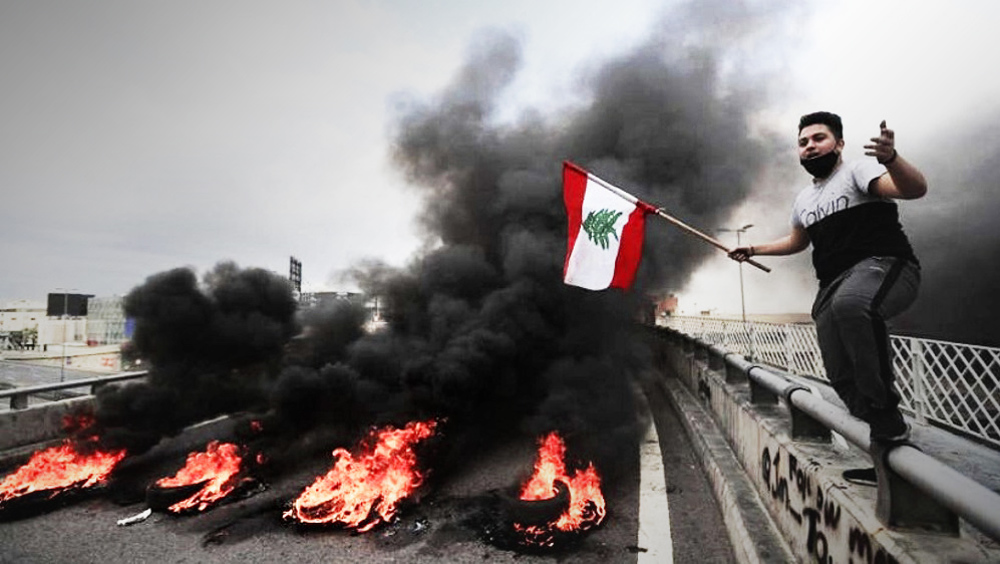




 This makes it easy to access the Press TV website
This makes it easy to access the Press TV website